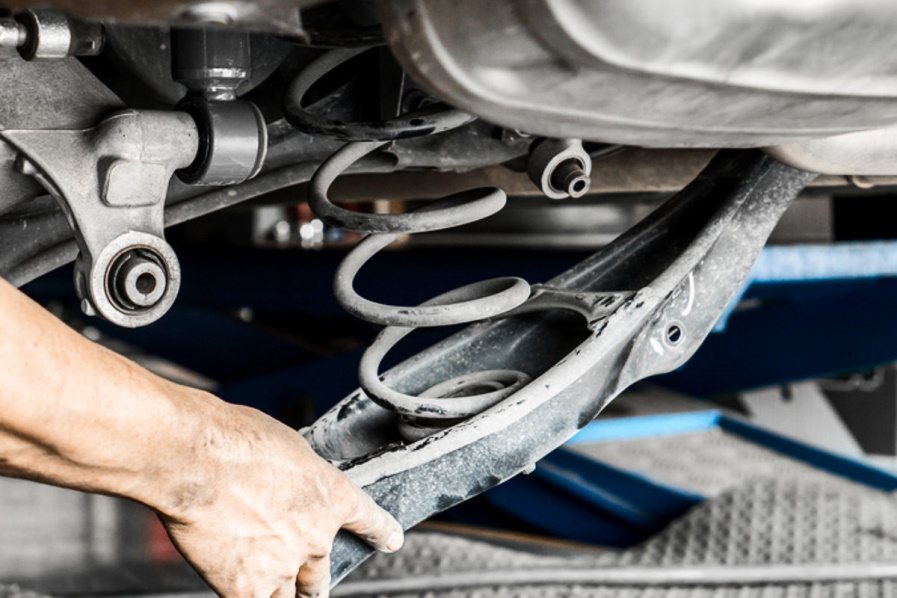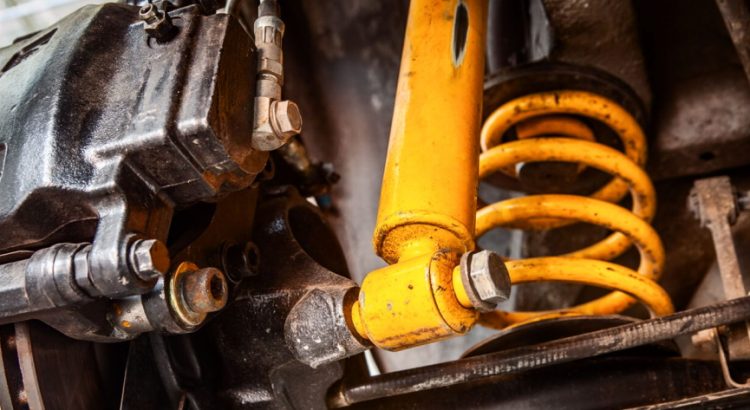Although many car owners dread dealing with suspension noise, it is often a relatively easy problem to fix. By diagnosing and addressing the issue as soon as possible, you can avoid further damage to your car and maintain a smooth ride. In this blog post, we’ll show you how to identify the source of suspension noise in your car and provide some tips for fixing it.
What causes suspension noise?
If you’ve ever been in a car with a rough suspension, you know the constant jostling and thumping that comes along with it. While this can be annoying, suspension noise can also be indicative of a bigger problem.

There are a few different things that can cause suspension noise. One of the most common causes is worn out suspension components. If the suspension components aren’t in good condition, they can cause a lot of noise when they move. Another common cause of suspension noise is uneven loading on the suspension system. When one corner of the car is weighed down more than the others, it can cause the suspension to move differently and create noise. Finally, if there’s an issue with the shock absorbers or struts, that can also cause noise. If you’re experiencing suspension noise, have your car checked out by a mechanic to determine the root cause.

Ways to stop suspension noise in your car
As anyone who has ever driven on a suspension bridge can attest, the structure will often emit an unsettling noise in response to the weight and motion of traffic passing over it. The same is true of your car suspension, which will make creaking, popping, or knocking sounds as you drive. While this might be alarming at first, there is no need to panic—in most cases, these noises are perfectly normal and indicate nothing more than wear and tear on your vehicle. But if you’re looking to stop suspension noise in your car, there are a few things you can try. Read on for our tips!
Are you noticing a suspension noise in your car? This is a common problem, and you can do a few things to fix it. First, check the shocks and struts. If they’re damaged or worn, they may need to be replaced. Some aftermarket options are available if you want to upgrade your shocks or struts. Another common cause of suspension noise is loose hardware. Check all the bolts and nuts on your suspension components and make sure they’re tight. You may also want to lubricate them with WD-40 or another lubricant. Finally, check for any damaged or broken suspension components. If anything looks damaged, it should be replaced before using the vehicle again.

 My name is Carlos. I am a Nissan technician, and have been a mechanic, a grease monkey, and a car enthusiast for many years. I started this site mainly to connect with my customers in a way that I can’t in the shop. However, it’s my hope it can also serves as a community forum to share information, impart a little wisdom, and have a little fun. Let’s get started.
My name is Carlos. I am a Nissan technician, and have been a mechanic, a grease monkey, and a car enthusiast for many years. I started this site mainly to connect with my customers in a way that I can’t in the shop. However, it’s my hope it can also serves as a community forum to share information, impart a little wisdom, and have a little fun. Let’s get started.